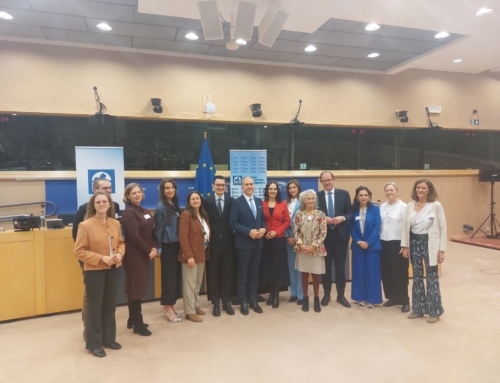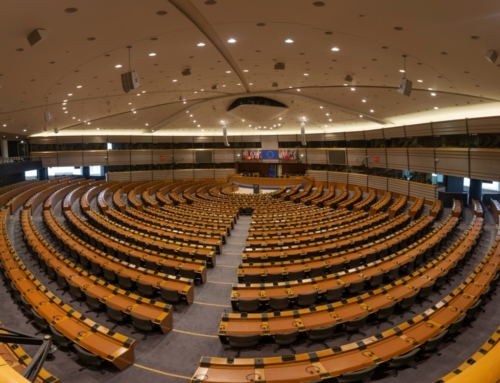4 February 2025
On the European Day of Demography, FAFCE participated in the online panel discussion organised by the Population Europe, focusing on generational issues and reminding the importance demographic studies.
Andreas Edel, Executive Secretary of Population Europe, gave an insight on how the population studies were developed and presented the story behind the “Natural and Political Observations … Made Upon the Bills of Mortality”, a report by John Graunt, published in 1662. He brought attention to the link between understanding the structure of gathered material and demographic development and highlighted that observations and studies should “help decision makers to understand what is going on”.
Katharina Spieß, Director of the Federal Institute for Population Research (BiB), Wiesbaden, and Professor of Population Economics at Johannes Gutenberg University Mainz, mentioned that even though policymakers seek for actionable insights, they very often have short term horizons – unlike demography researchers who have a long-term vision. She also emphasised the importance of long-term perspective, as an “an insurance for a better development”.
Deša Srsen, from the Cabinet of the European Commissioner for Intergenerational Equality, Youth, Culture and Sport Glenn Micallef, explained the European Commission’s efforts to define the EU competence when it comes to demography and to infuse policymaking with the demographic considerations. She admitted that it is indeed a challenge to keep demography high on the political agenda, as it is often considered “important but not urgent”, even though it “it is a factor of success of all of our proposals”.
On the European Day of Demography FAFCE calls for cooperation in responding to the demographic crisis.
As Europe continues to face the realities of a demographic winter, FAFCE wishes to underline the need for practical actions to tackle the Demographic challenges that are weakening the social and economic environment of European societies. Sustainable development and social cohesion begin with policies that support families. As FAFCE President, Vincenzo Bassi, stated: “We must act together to create conditions that allow families to thrive.” They are at the core of the solution to this problem, being the basic source of human and social capital. (FAFCE 2024 Autumn Board Resolution).
Read more on FAFCE work on demography:








